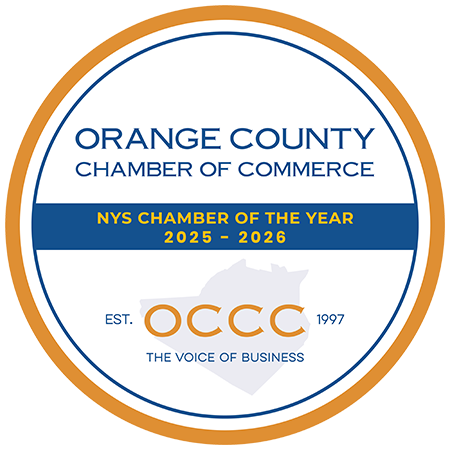Real Estate as a Second Stream: What Every Business Owner Should Know
You're at a moment of growth. Maybe your small business is stabilizing, or you've hit profitability and you're wondering what to do with the surplus. One increasingly attractive move? Real estate — specifically, rental property investment. Done right, it can diversify your income, add long-term value, and provide more control than many passive investment options.
Below, we'll walk through how local business owners can tap into real estate as a secondary revenue stream — and how to manage properties efficiently without letting it cannibalize your core operations.
Why Rental Properties Make Sense for Small Business Owners
Owning and managing rental property isn't just for full-time landlords. If you’re already running a local business, you likely have the skills (and mindset) to succeed:
Cash flow awareness
You're already tracking income vs. expenses. Rental property math uses the same muscle.Operational discipline
You're used to systems, service expectations, and maintaining facilities. Properties aren’t so different.Risk management instincts
You’re evaluating customer churn and supplier risks. Rental property risk can be similar — and often more controllable than market speculation.
Bonus: Real estate income is typically treated differently for tax purposes than business income. That means you might unlock deductions or depreciation that benefit both your business and your personal wealth strategy. For a deeper dive, you can explore IRS resources on rental property depreciation rules.
Building a Resilient Rental Strategy
Before jumping in, make sure your property investment plan fits into your business roadmap. Here are some important early considerations:
Are you investing through your business entity or personally?
Each approach has different liability and tax consequences. Check your local SBA chapter for guidance tailored to your region.Will this be short-term (Airbnb) or long-term rental?
Your local zoning laws — and your operational bandwidth — will shape what's realistic.What’s your rental property’s ideal customer segment?
Just like with your business, defining your “tenant persona” early helps with everything from marketing to screening.
Protecting Your Property (and Yourself)
Before your first lease is signed, it's essential to protect your interests. A comprehensive lease agreement sets clear expectations — and reduces the risk of costly disputes.
Use a professionally structured template that includes provisions for deposits, repairs, entry rights, and local regulations.
Tailor lease terms to the property type — apartments, duplexes, and single-family homes often come with different needs.
Many landlords now streamline the lease process by using e-signatures and cloud-based document storage.
If you're setting up your first lease, refer to this guide on apartment lease agreements for more information on what to include and how to format it.
Efficient Property Management: Tools and Tactics
Balancing your core business with property responsibilities requires structure. Here are practical ways to do that:
📋 Property Management Checklist
5 Practical Tools to Support Real Estate Owners
DoorLoop – Property management platform with accounting features and tenant portals.
Roofstock – For those interested in buying turnkey rental properties out of state.
Stessa – A free platform that automates rental property income and expense tracking.
TurboTenant – Screen tenants, collect rent, and list properties all in one place.
LegalNature – Create landlord-tenant agreements tailored to your state.
Using any of these tools makes property ownership more manageable — especially if you’re still growing your core business.
FAQ: Rental Properties for Small Business Owners
Should I buy property under my business name or personal name?
It depends. An LLC can shield you from liability, but may complicate financing. Talk to a tax advisor or financial planner for your best structure.
Can I use business profits as a down payment?
Yes, but make sure you’re not draining operating reserves. Document everything for audit clarity and bank approvals.
What if I don’t want to manage tenants directly?
Consider hiring a property manager (typically 8-12% of monthly rent) or using tech platforms that automate communication and payment collection.
How do I screen tenants legally?
Follow Fair Housing laws. Use services like RentPrep or TurboTenant that comply with legal standards while helping you identify quality tenants.
Final Thoughts
Rental properties aren’t just for full-time landlords. For small business owners, they can be a smart hedge, a source of passive income, and a way to build long-term wealth. The key is systematizing the operation — so it works with your business, not against it.
Use this as your starting blueprint. Pair smart tools with good legal documents, and real estate could become your next best asset.
Join the Orange County Chamber of Commerce today and unlock unparalleled networking opportunities, advocacy, and resources to elevate your business in one of New York’s largest and most dynamic chambers!


